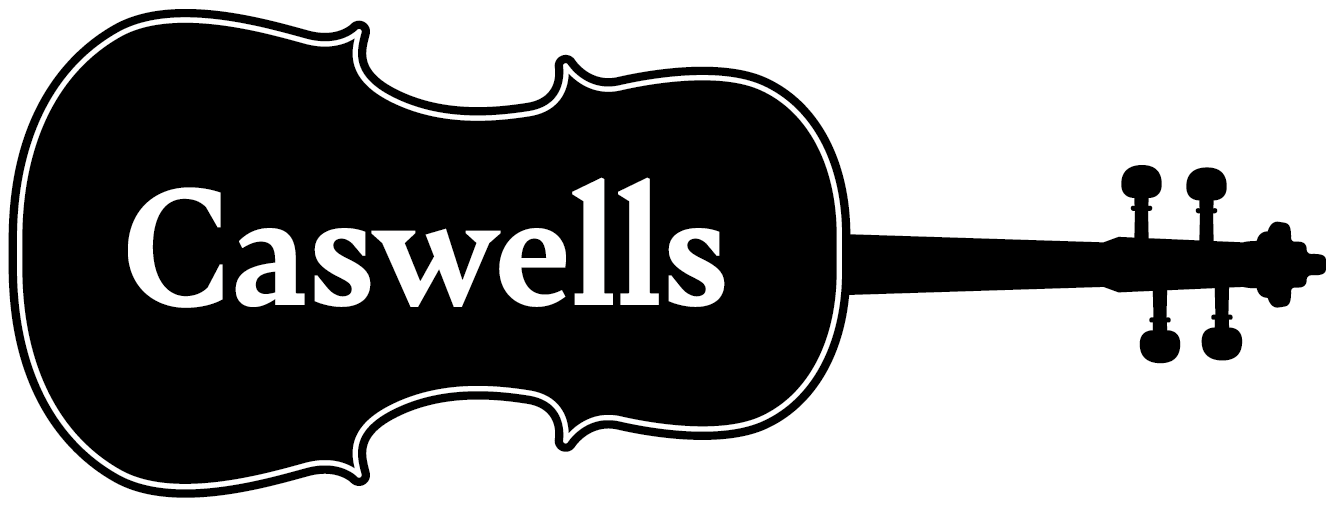Having music lessons is the way to learn to play a musical instrument. But does the process also make you more intelligent?
It has long been thought that children who learn to play an instrument increase their intellectual, perceptual, and cognitive skills. Which in short suggests that such children may well be able to raise their own IQs through this work.
But, unfortunately, more recent research suggests that this isn’t true.
However, this same research also revealed that music lessons in childhood do something else that is ultimately far more beneficial.
Firstly, it appears that people who learn to play an instrument reduce their chances of memory loss and mental decline as they get older. Better still these benefits continue even with people who played musical instruments for a while in childhood but then stopped.
Second, learning to play an instrument has a profound impact on the way the brain works, adding neural connections that last throughout life and help the individual retain the ability to do multiple things at once – which is part of the essence of all musical instruments.
Thus all the work of learning to play the piano two-handed, mastering the simultaneous bowing and fingering of string players, the blowing, breathing and fingering of the wind players, the multiple rhythm activities of the percussionist – all these skills have a profound effect on those who practise them.
Learning a musical instrument changes which part of the brain handles different activities and leads to improvements in both motor and auditory skills.
Musicians are shown to have larger volumes of both grey and white matter than non-musicians – almost certainly because musical performance requires several regions of the brain (in each hemisphere) to work simultaneously.
In short, it seems that playing music stimulates the brain, expands the brain, and changes the brain to make it better at handling a wide range of activities and eventualities.
It is true that the biggest benefits accrue to those who start learning music before the age of nine, and although the benefits do stay with all children who have studied an instrument for a while, those who study for longer get the greatest benefits.
But here’s the best news of all: once in place those benefits remain, irrespective of other education. Indeed, the hearing and communication benefits tend to last a lifetime, counteracting some of the decline in hearing that many suffer in old age.
Musicians seem to be better at hearing in noisy environments and tend to have better memories when it comes to recalling what has been said by whom to whom.
So although starting early is a benefit, recent studies have emphasized that even starting to learn a musical instrument in retirement does give benefits in terms of memory gains, the speed of processing information, the ability to plan, and a whole range of other functions.
There is finally one other benefit which, although not established scientifically, may well be significant. We seem to live in a world of instant gratification, with information available at the click of a button. Learning to play an instrument is a challenge, requires commitment, and can only be achieved over time. Learning, or being reminded, that application to a task is itself a great benefit is never a bad thing.



